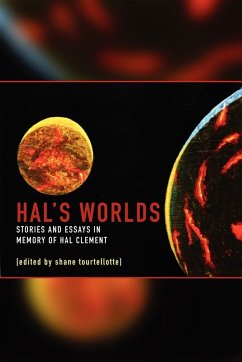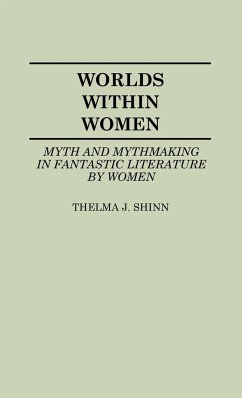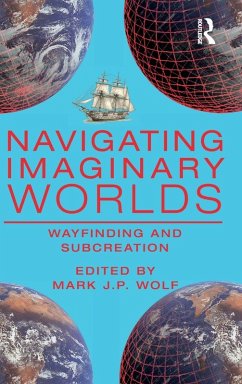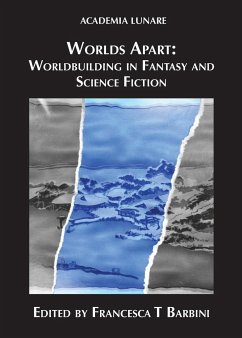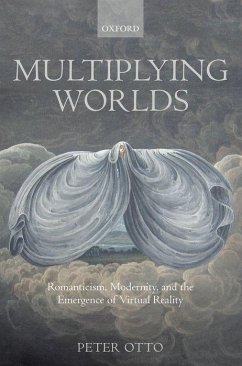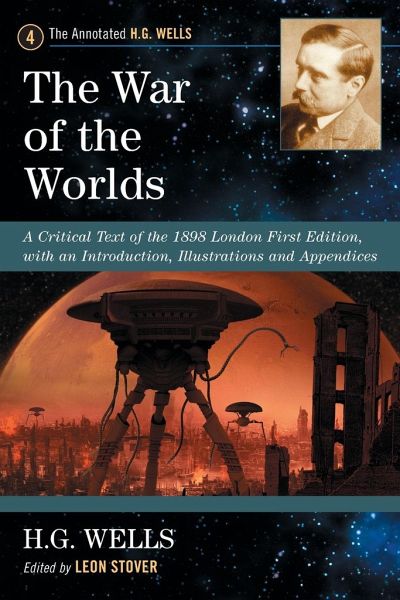
The War of the Worlds
A Critical Text of the 1898 London First Edition, with an Introduction, Illustrations and Appendices
Versandkostenfrei!
Versandfertig in 1-2 Wochen
35,99 €
inkl. MwSt.

PAYBACK Punkte
18 °P sammeln!
Wells' novel, a "scientific romance," attained perhaps its greatest fame in another form, the infamous realistic 1939 radio broadcast "Invasion from Mars" by the redoubtable Orson Welles. It was also notably made into an early fifties science fiction adventure movie (and there have been other adaptations as well). So indelible is the association that the novel, like the panic inducing broadcast and the Hollywood flick, now is taken as little more than a light fantasy of outerspace terror and human heroism, far from the author's original vision. The War of the Worlds is a philosophical tale and...
Wells' novel, a "scientific romance," attained perhaps its greatest fame in another form, the infamous realistic 1939 radio broadcast "Invasion from Mars" by the redoubtable Orson Welles. It was also notably made into an early fifties science fiction adventure movie (and there have been other adaptations as well). So indelible is the association that the novel, like the panic inducing broadcast and the Hollywood flick, now is taken as little more than a light fantasy of outerspace terror and human heroism, far from the author's original vision. The War of the Worlds is a philosophical tale and as such, is profoundly ideological. The world of the Martians represents the progressive future of humanity in a cultural war with our world of tradition and reaction--these are the two worlds in question. The Mars from which the invaders come is united by a planet-wide system of irrigation canals; for Wells this indicates a socialist world-state. The red planet is red in more than one sense, pointing the direction of terrestrial progress. The Martians in the novel are octopoidal monsters, bodily anticipating the tentacular, all-controlling totalitarian regimes of the twentieth century.










